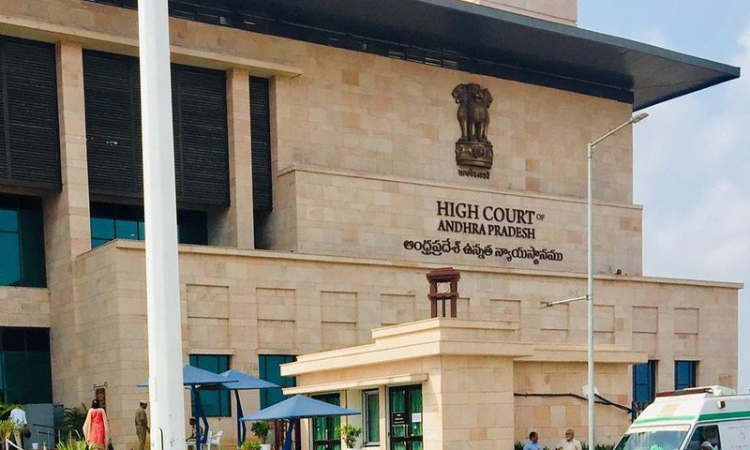The Andhra Pradesh High Court has emphasized that the pendency of criminal cases against an accused isn’t a valid reason to deny bail. The court underlined that an accused is presumed innocent until proven guilty.
Key Points-
Presumption of Innocence: The court reiterated the fundamental principle that an accused is innocent until proven guilty.
Bail Considerations: Factors like nature of offense, likelihood of tampering with evidence, and flight risk are relevant for bail decisions, not mere pendency of cases.
Case Background: The ruling likely stemmed from a bail petition where the accused faced multiple criminal cases, prompting the court to clarify bail principles.
Legal Precedent: Courts often consider constitutional rights and statutory provisions like Section 439 CrPC for bail grants.
Implications-
-Accused individuals shouldn’t face undue bail denial based solely on multiple case pendency.
-Courts balance liberty rights with ensuring justice and public safety.
-Each bail application typically gets decided on its own merits.
The Andhra Pradesh High Court has emphasized that the pendency of criminal cases isn’t a valid ground to deny bail, stressing that an accused is presumed innocent until proven guilty. These ruling underscores the importance of balancing individual liberty rights with the need for justice and public safety. The court’s stance suggests that bail decisions should consider factors like the nature of the offense, potential tampering with evidence, and flight risk rather than merely the number of pending cases. By upholding the presumption of innocence, the Andhra Pradesh High Court aligns with principles aiming to protect individuals from undue detention, ensuring fairness in the criminal justice system.

